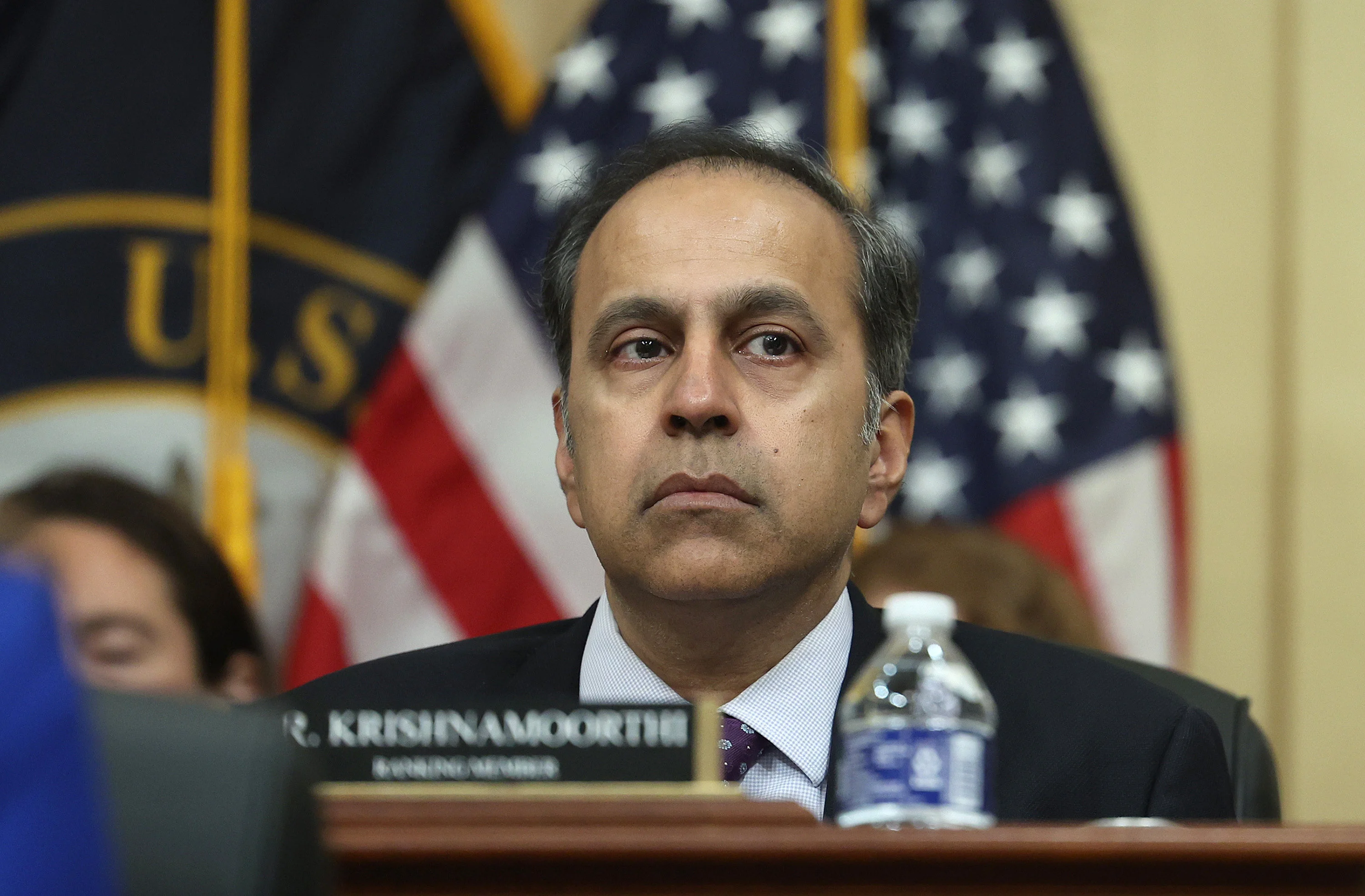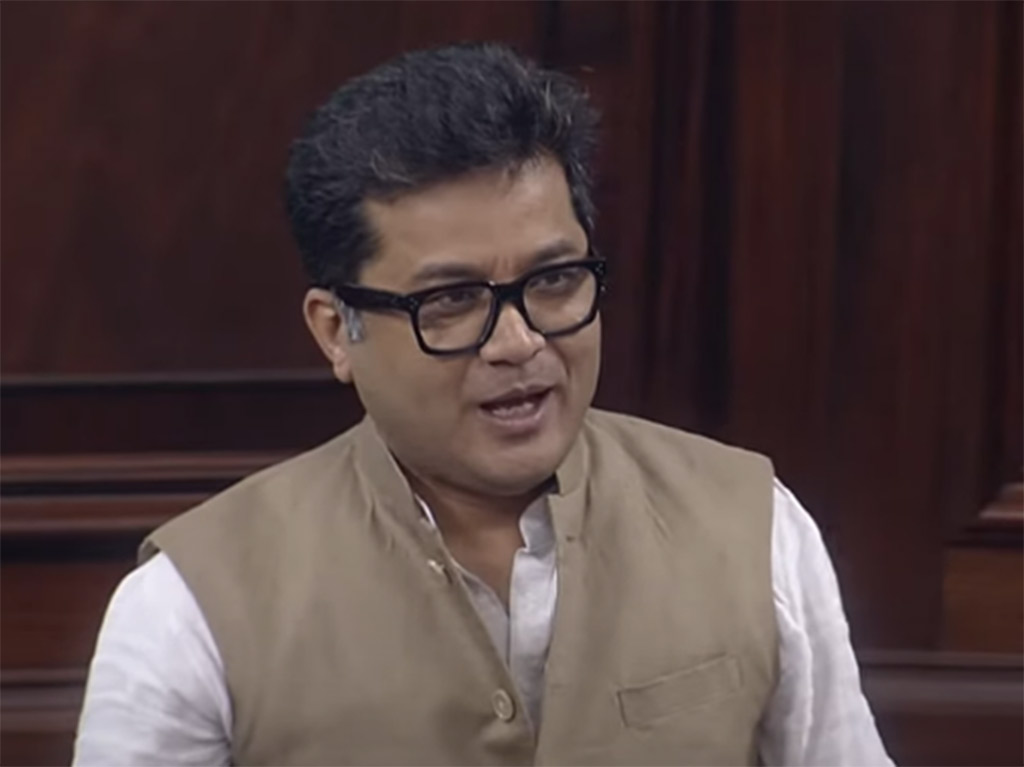Copyright scmp

Cuts to federal research would weaken America’s scientific edge against Beijing, warned Raja Krishnamoorthi, the top Democrat on the US House committee focused on China, who is pressing budget chief Russ Vought on whether his office has assessed their impact. “While the United States is dismantling the very foundations that have sustained our STEM and innovation leadership for generations, Beijing has announced its plans to continue accelerating its investments in science, technology, and innovation,” Krishnamoorthi wrote to the Office of Management and Budget (OMB) director on Tuesday, according to a letter seen by the South China Morning Post. The Illinois congressman, who serves as the ranking member of the House Select Committee on the Chinese Communist Party, pointed to how federal funding for science research was estimated to fall by 22 per cent next year – from US$198 billion to US$154 billion – under Vought’s leadership. He also noted that the OMB has overseen firings, induced resignations or retirements for over 12,000 employees across science and research-focused agencies in recent months. The White House’s budget plan calls for reductions of 57 per cent to the National Science Foundation (NSF), 47 per cent to Nasa’s science research and 39 per cent to the National Institutes of Health (NIH) – changes that Krishnamoorthi noted could ultimately shave over US$10 billion off US economic output. China’s research and development expenditure, meanwhile, surpassed US$496 billion in 2024, a 48 per cent increase from 2020, Krishnamoorthi highlighted, citing recent statements made during the Communist Party’s fourth plenum, a recent national planning session. Beijing earlier this year also introduced a new “K” visa programme that allows young science and technology graduates to move to China without a job offer or sponsor – a fact that the congressman also emphasised. Already, the cuts are having a “significant impact”, Krishnamoorthi said, referencing formerly US-based scientists who have joined Chinese research institutions this year. The letter asks Vought to clarify by November 7 whether his agency has evaluated how proposed and enacted cuts to federal research bodies would affect the US’ economic and scientific competitiveness with China. It also seeks details on any OMB analysis of how reduced funding for research institutions and workforce programmes would impact America’s innovation pipeline. The White House did not immediately respond to a request for comment. Krishnamoorthi is not alone in voicing concern over the US’ science cuts. In the Senate, some Republicans have pushed back on White House plans for NIH funding decreases. The planned cuts are “so disturbing”, said Senator Susan Collins of Maine, who chairs the chamber’s appropriations committee, in June. “It would undo years of congressional investment in NIH, and it would delay or stop effective treatments and cures,” she continued, adding that the US risked “falling behind China and other countries that are increasing their investment in biomedical research”. The US is holding onto its lead in research and development expenditure, based on the latest available data, but China is catching up, according to the National Science Board, an expert group that oversees the NSF. In a July report, the board said the US spent nearly US$940 billion in research and development across all sectors of the economy in 2023. China’s expenditures, meanwhile, are increasing at a faster rate than that of the United States, according to 2022 data, and the country produced “more than twice” as many peer-reviewed research papers as the US in 2023. China climbed to No 10 in this year’s global innovation index compiled by the World Intellectual Property Organization, up from No 43 in 2010 and marking its first appearance in the top 10. The index ranks about 140 countries based on their capacity for innovation as well as their ability to adopt technology and create socioeconomic impact through tech advancements. The US ranked third. Analysts observing last month’s party plenum have pointed to a heightened focus on technology self-sufficiency and innovation. “Previously, when we think about high-quality growth in China, it’s about this economic transition, commitment to tech investment, the application of all kinds of technology,” said Dan Wang, a director on the China team at risk consultancy Eurasia Group, at an event last week. “But this is actually the first time that China has made it very clear it wants to hold – seize – this commanding height in a lot of the technological fields, especially when it comes to basic research.”



